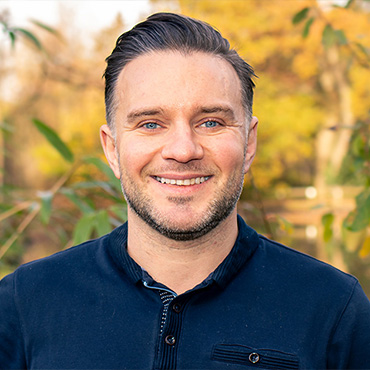Last time I told you about starting to understand and realising I needed speech therapy. This time I want to talk to you about my assessment and the therapist that came out to see me.
I really liked the speech therapist that came round, her name is Lucy Lowson, and she's from York. Lucy first came round to do an assessment which I found exhausting. I suppose it's because I hadn't really used my brain for any intense thinking for so long.
In one part of the assessment, I was asked to name as many words as I could, beginning with the letters S and F. It was so tiring; I wasn't only trying to think of words starting with F and S but simultaneously trying not so say very swear words beginning with the same letters which would have been embarrassing, only that was all I could think about! It's quite surprising how much effort it takes to concentrate that much when your brain has been damaged. Luckily, the assessment was done in the comfort of my flat. Any other clinical assessments I have had done in unfamiliar surroundings really used to take it out of me to the point of near-collapse! Oh, and I just said the swear words in the end!
After the assessment, Lucy determined my speech problems and came up with a plan of action. The things Lucy found where that:
- I had difficulty putting my thoughts into words sometimes and word-finding difficulties.
- There was a decrease in my social life and the belief that I didn't have a general direction or' purpose in life.' This was reflected in my mood and directly impacted my communication due to reducing my opportunities to communicate, reducing my confidence, which led me to avoid certain communication situations and ways of expression.
- Having difficulty fully understanding speech if it was complicated and I had other pressures on me (such as fatigue or stress).
- A reduction in the accuracy of my speech articulation if I was very tired.
Now that the problems I was experiencing had been assessed and highlighted, we could begin dealing with them. If you or someone you know is going through any kind of rehab and you don't really understand it, then just go with it (assuming it is a professional, of course). At the time, I didn't have a clue what was going on. Obviously, I can see sense in it now, but I am writing this 14 years later!
So now that the problems had been assessed, this is how we tackled them:
Our aims for Therapy were:
Long term goals- To increase my confidence in communicating;
- To increase my social opportunities to communicate; and
- To decrease the disability I experienced related to my communication difficulties.
Short term goals
- To increase the pitch/prosody range in my conversational speech;
- To decrease the associated physical behaviours noted in speech, e.g. fidgeting, covering mouth with hands; and
- To decrease avoidance of certain speaking situations.
- To decrease the amount of word-finding difficulties I experienced.
This is what really sparked my interest in Speech And Language Therapy (SALT), as it showed me how it was as much about making new neural pathways; these are patterns or pathways of regular thinking. It is good to think of them as 'neural pathways' because, just like a path, the more you walk on it (or think about it), the more worn and easier to walk on the path becomes.
When you have a brain injury, it's like an earthquake and all the neuro pathways that you had previously are blocked or aren't as easy to walk on. Rehab is about building new paths to reach that same destination; it's called 'Neuroplasticity'. At first, the pathways aren't very well established, or they have to be rerouted; that's why it takes longer. The more a particular skill is practised, the more the path gets worn and the faster it can be walked along; this is true of anything, and that is why Practice Makes Perfect!
Now I've told you about my assessment and goals with speech therapy. Next time, I'll be taking you through some of the exercises that were put in place to help me achieve my goals.

Brooke Trotter






Leave a comment: